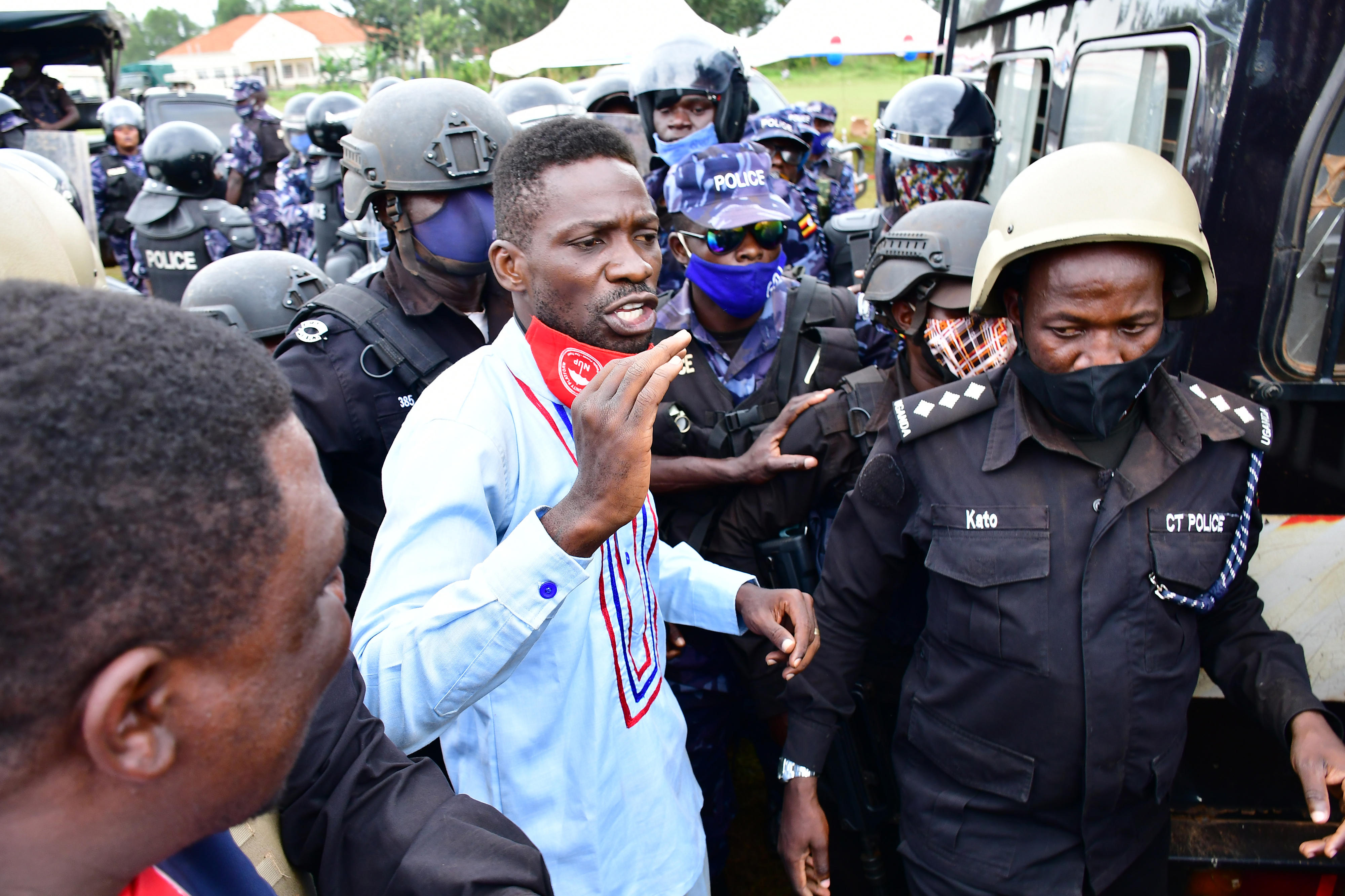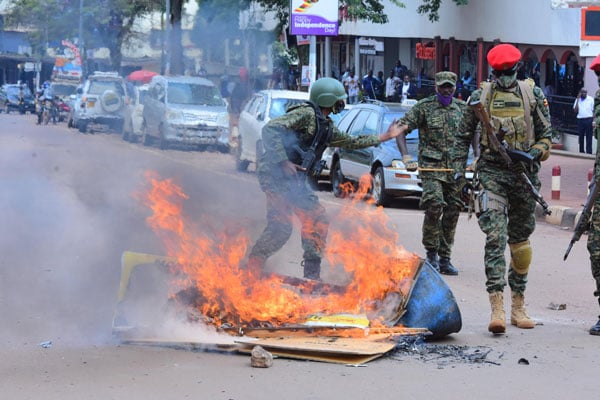Prime
Repression takes on new face in Uganda

State functionaries used the Uganda Communications Act, 2013, and the Electronic Transactions Act, 2011, to block access to social media during the 2016 poll. PHOTO/COURTESY
What you need to know:
- While President Museveni’s Facebook page has a million followers, his last post on the platform was 48 hours before Ugandans went to the polls in 2021.
- Uganda’s leader since 1986, however, remains quite active on Twitter.
Uganda’s digital natives have had their agency on online spaces stripped away during the country’s past two presidential polls in 2016 and 2021.
State functionaries used the Uganda Communications Act, 2013, and the Electronic Transactions Act, 2011, to block access to social media during the 2016 poll. This was done twice in February of 2016 when Ugandans went to the polls, and in May 2016 in the run-up and during President Museveni’s swearing-in ceremony.
The government found itself stronger than ever in the conviction that online spaces ought to be policed during the 2021 General Election. The days before and after the poll did not pass easily for people in Uganda.
On the eve of the poll, the Uganda Communications Act, 2013, was used to compel internet service providers to suspend the operation of internet gateways. The complete Internet blackout spanned nearly 100 hours, with access only restored on January 18, 2021, after President Museveni’s win (by 59 percentage points to Robert Kyagulanyi, alias Bobi Wine’s 34 percent had been confirmed.
There is the method to the madness that the deepening repression around electoral activities across two general elections embodies. Critics say a culture of silence risks being engendered among the country’s so-called unruly publics after three of them went into self-imposed exile. These include Ms Gertrude Tumusiime Uwitware, who was in 2017 abducted and beaten for running with material on her blog that called into question a promise made by First Lady Janet Museveni.
Others are Ms Stella Nyanzi and Mr Kakwenza Rukirabashaija, who are both on a writers-in-exile programme run by PEN Germany, having been red-flagged for “offensive communication” (under the Computer Misuse Act, 2011) directed at members of Uganda’s First Family.
On January 10, the Constitutional Court struck down Section 25 of the Computer Misuse Act 2011. The impugned section pivots around offensive communication. Justice Kenneth Kakuru, who wrote the lead judgment, ruled that “prosecuting people for the content of their communication is a violation of what falls within guarantees of freedom of expression in a democratic society.”
Besides other draconian sections in the amended Computer Misuse Act, the state still has other pieces of legislation it can use to take the agency of unruly publics in the country. When one such unruly public who went by the pseudonym agitated tongues by disclosing classified information in 2013, state actors attempted to use the Electronic Transactions Act, 2011, to access his Facebook account. The social media platform, however, refused to consent to this.
Facebook would fall out with the Museveni administration in the run-up to the 2021 General Election when it deleted a slew of accounts belonging to state actors.
“We removed a network of accounts and pages in Uganda that engaged in CIB (Coordinated Inauthentic Behaviour) to target public debate ahead of the election,” Ms Kezia Anim-Addo, Facebook’s head of communication for sub-Saharan Africa, would later reveal.
The social media platform has since been blocked in Uganda, with President Museveni telling journalists last December that he hopes “Facebook [now] knows who is in charge of Uganda.” He added that the social networking service will only be given the green light “if they stop playing games.”
While President Museveni’s Facebook page has a million followers, his last post on the platform was 48 hours before Ugandans went to the polls in 2021. Uganda’s leader since 1986, however, remains quite active on Twitter.
In 2016, Ms Joy Doreen Biira was arrested after circulating a video on Twitter. The video captured a skirmish between the Ugandan army and guards of the cultural leader of the Rwenzururu kingdom in south-western Uganda. The state used the Anti-Terrorism Act, 2002, to prefer a charge of abetting terrorism against Biira. She would later be released.




